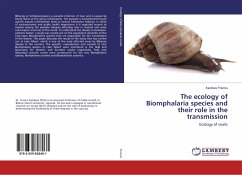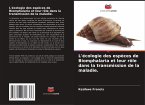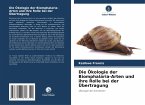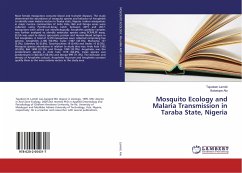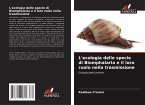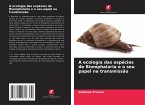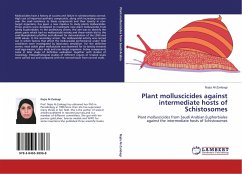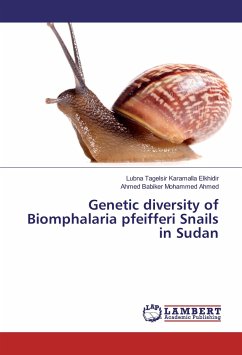Bilharzia or Schistosomiasis is a parasitic infection of man and is caused by blood flukes of the genus Schistosoma. The parasite is transmitted through specific aquatic intermediate hosts in various freshwater habitats. In terms of socioeconomic and public health importance it is regarded second to malaria among the parasitic diseases affecting man in tropical and some sub-tropical countries of the world. To understand the disease transmission patterns better; a study was carried out on the population dynamics of the snail types (Biomphalaria species) that are responsible for the transmission of the disease. This paper discusses the results of the study that was carried out at Lake Albert, which is one of the most affected areas by Bilharzia disease in the country. The growth, reproduction and survival of two Biomphalaria species at Lake Albert were monitored in the field and laboratory for thirteen and fourteen weeks respectively. Field and laboratory growth curves were constructed for the two Biomphalaria species, Biomphalaria stanleyi and Biomphalaria sudanica.

